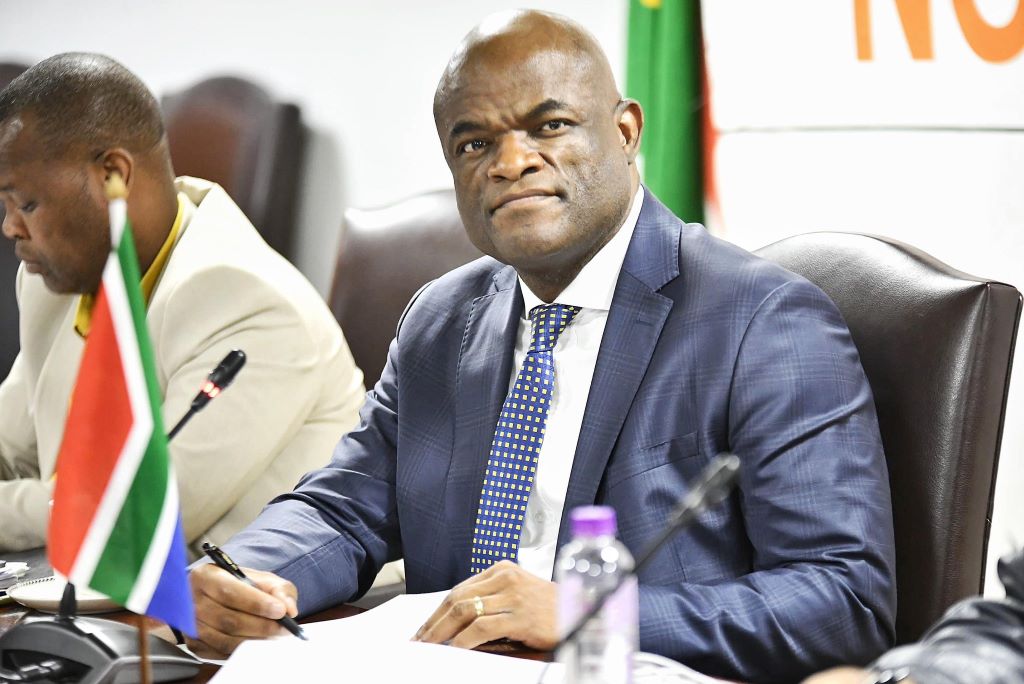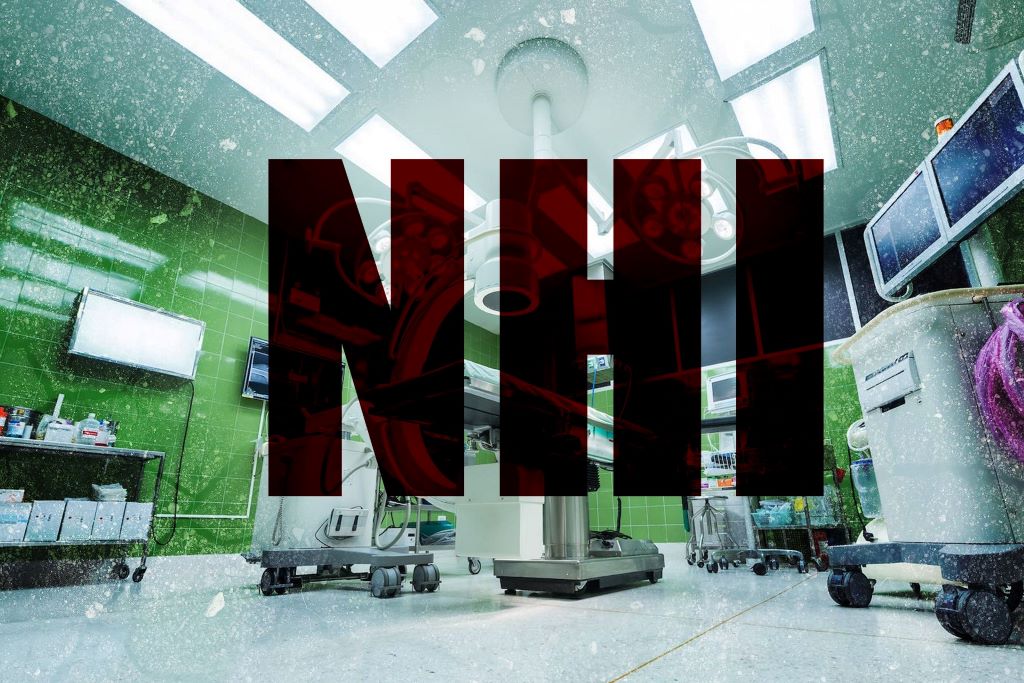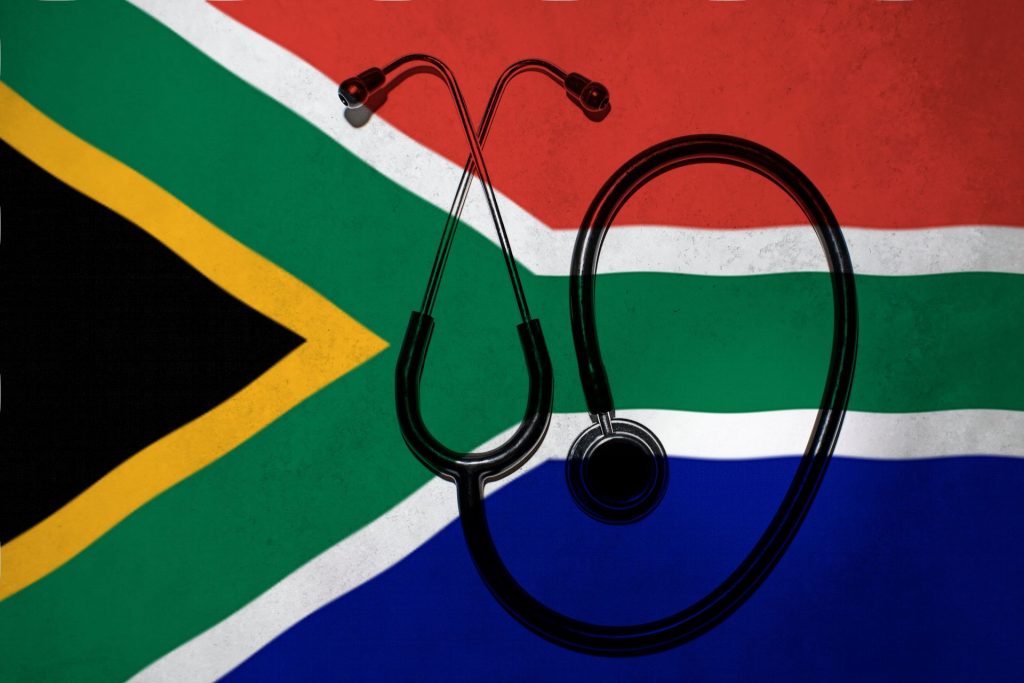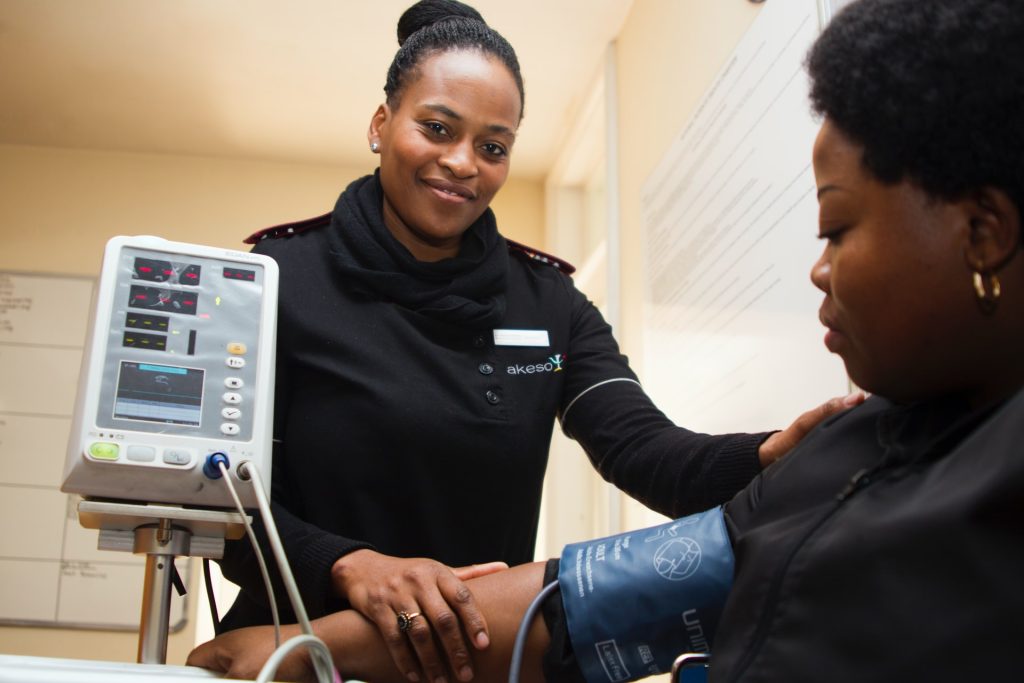NHI Act Offers no Answer to High Medicines Prices

By Fatima Hassan
The National Health Insurance Act does not deal with the systemic issues that cause high prices and inequity in medicine access, and government is not listening, argues Fatima Hassan.
As the department of health lunges forward with implementing a system of National Health Insurance (NHI), with business and other interests trying to thwart that, what lessons from the COVID-19 pandemic can help us to ensure health equity for all – for both users of the public and private health sectors?
A few key themes come to mind: market power, secrecy, transparency, accountability, timely access, and affordability.
COVID’s lessons
The human cost of COVID-19 globally was at least fourteen million people who died in just two years. In South Africa, COVID was the leading cause of death in 2020 and 2021, outstripping deaths due to other diseases in those years.
To mitigate the COVID pandemic and to move forward, we needed vaccines. Then, the creed of intellectual property fundamentalism preached to us by the ultra-wealthy and by pharmaceutical corporations was to tell us to monopolise and privatise the manufacture and supply of publicly created vaccines and medicines, while relying on voluntary market measures – not effective regulation or compulsory measures – to ensure access. That creed failed us.
At the time, agreements with private manufacturers for the supply of vaccines were entered into, and at the request of a very powerful industry, treated as a secret. The Health Justice Initiative (HJI) litigated to compel disclosure, and we won.
Our analysis showed a set of one-sided terms, including conditions that required Non-Disclosure Agreements with significant advance payments without legal obligations on suppliers in terms of delivery volumes or dates. The contracts provided sweeping indemnity terms, limits on international redistribution/donations, and overly broad intellectual property protections. We also found that in several instances, South Africa overpaid for vaccines compared to higher middle income countries.
Where we live
We live in a country with worsening health outcomes, a high burden of HIV and TB, and alarmingly high levels of gender-based violence.
Politically, we have had multiple health ministers in the space of just five years – even during a pandemic – due in part to corruption allegations and now, a new Government of National Unity (GNU). We have an unaccountable rotating door system for appointing ministers, deputy ministers, and health Portfolio Committee members, seriously blurring the Legislature’s oversight function. This is not good governance.
We have outstanding laws and regulations that could address some of the “now” issues but which are not being prioritised. For example, we are still subject to an apartheid-era Patent Law that is deferential to patent seekers, resulting in over patenting or evergreening. Vested interests, we believe, are blocking key amendments that would limit patent protection in favour of the public interest.
We do not have a robust local, properly state-subsidised health manufacturing industry in South Africa, often making us reliant on external manufacturers. We have xenophobia seeping into our health system, where patients have been attacked in state hospitals because of their nationality.
And on top of all of that, we have growing reports not just of provincial health product stockouts but also reports of widespread health sector tender corruption, and targeted assassinations of whistleblowers. Finally, given, among other things, our outdated patent system and inability to reign in medicine prices, our medicine costs are astronomical, needlessly (even when compared to other BRICS countries).
The NHI as the GNU’s test (and ours)
It is in this context, that even before the 2024 national elections, NHI has become a lightning rod of disagreement even within the GNU, including for business, creating a hostile climate for civic engagement. Sadly, the political gamesmanship over NHI especially at the Executive level, is coming across as unaccountable, arrogant, and non-engaging. This will not build our health system. In this debate, government has rarely admitted it made any mistakes so that is why it was surprising that in a recent Bhekisisa interview, the health minister conceded that restricting NHI basic health services (so non-emergency care) to South African ID holders may be self-defeating for public health. He said that that is a “mistake” that needs to be “rectified” in the NHI Act.
NHI and state-led procurement
The NHI Act envisages a single state procurement entity for all health products for NHI users (as selected by a benefits committee). In theory, this should provide greater negotiating power and leverage.
With the lessons of COVID and more recently Mpox, we can expect that may not be so. Even under NHI, there will be a scramble for much needed supplies, where South Africa will have to compete on the international market for often scarce and high priced supplies.
Thus, addressing the pharmaceutical industry’s power, and by virtue of that, the global and local medicine patent (reward) system and its abuse matters – but we need to do it now, not incrementally or at some later or undefined point.
For the NHI to financially sustain itself (and assuming here for a moment that it has sufficient funds to begin with), it will have to either overthrow or better regulate the current medicine over-patenting and pricing transparency system to survive, failing which, NHI money could dry up just on health products and medicine costs alone.
At present, South Africa on average pays more for medicines than comparator countries. Business is eerily silent about this aspect in its critique of NHI. Since medical schemes will continue to operate under NHI for some time, one would expect greater concern about the disproportionate use of scheme members’ resources in this respect too, from business.
On top of this, under an apartheid era drafted law (the Patents Act), South Africa is still also doling out patents allowing companies to evergreen their patents on several essential medicines including for TB and HIV, and cancer with limited regulatory and legal repercussions.
While the HJI vaccine procurement judgment should be having far-reaching implications, not just for the next set of pandemic procurement negotiations, but also for substantial state-led procurement due to take place under NHI, we would be naïve to think that the industry and powerful global and local actors in the pharmaceutical sector will change its ways for the better just because South Africa is implementing NHI.
The NHI, we are told, will be based on the principles of “universality and social solidarity” and will “unify” our health system. Yet, if we focus on just one aspect included in the Act – the medicine access system – it is a far cry from the promised system of unification. This is because it is drafted in a way that by our count and reading, creates at least four medicine access systems, operating in parallel (NHI for NHI users; Medical Schemes for scheme beneficiaries – while schemes are permitted to operate under NHI (could be decades); complementary cover via insurance coverage for NHI users; over the counter via out of pocket payments/insurance coverage for non-NHI users such as foreign workers, foreign students, resident non-nationals, etc.).
Either way, for all of its admirable “equity” intent, NHI in South Africa will be fully dependent on the global medicines access market whether we like it or not because we are not operating in a neutral, access friendly global system. Nor are we operating in a context where the executive has any real, public, and committed plan to drive down medicine prices before or while NHI is implemented – and without business interests interfering in the execution – it is leaving that totally to the market, to whimsical unenforceable donations and voluntary business conduct. That is not sustainable.
The President is fully aware of how the latter affected our vaccine access and procurement strategy and costs in the COVID-19 pandemic. What is he going to do about it?
NHI and “top-ups”
Under NHI, the Act will allow top-up products and complementary cover via insurance offerings to presumably fill the gap for those health products, services or medicines that the state may not select or include in the NHI Formulary because of affordability constraints. So how will those complementary cover products and medicines be priced and regulated? Will the current imperfect and expensive system, called the Single Exit Price System, for non-state medicines be used?
Imperfect, because in South Africa, public sector medicines prices are largely determined by the bids companies submit in response to advertised government tenders. In the private sector, companies are free to launch a medicine at any price, although once launched, annual price increases are regulated – so that every drug in the private sector has a single exit price. In rare cases, excessively high medicine prices have been challenged using competition law, but this is the exception.
There have been moves toward reference pricing – where maximum prices for specific medicines would be determined by reference to prices for that medicine in a basket of other comparable countries – but none of several rounds of regulations proposing such a system have been implemented, mainly because pharmaceutical companies usually litigate against the state to prevent it from implementing such a comparator system – in other words, like elsewhere, while we face exorbitant medicine costs, we also face powerful corporate lobbies that do not want proper transparent systems for setting medicines prices. This only serves a profiteering agenda.
NHI and medicine access questions
Just on the narrow point of medicine access under NHI there are critical issues that need to be clarified. They include the following:
- Whether we can be guaranteed transparency and information, including about the deliberations of the various NHI ministerial advisory, benefit and selection committees, and procurement structures under the NHI – or will we have to litigate every access to information request, as we did in COVID?
- How will the NHI Fund (Office of Health Products Procurement) negotiate with the global pharmaceutical industry without, for example, the bullying we witnessed in the COVID-19 pandemic?
- And specifically for medicines and health products:
- Will manufacturers be permitted to sell to health providers other than the state? If so, how will this be done, and how will the maximum price be determined or regulated?
- Which medicines and health products will be covered under NHI benefits as part of the NHI Formulary and how will the price of those not covered (top-ups/complementary cover) be regulated?
- What role will the current private sector pricing system play including the single exit price system – and how and when will it be amended?
As our country pushes ahead with the NHI, there are some immediate concerns like these that we believe will affect implementation.
Of course, we all support the vision of a unified, equitable health system. But aspirations aside, the NHI Act does not deal with the systemic issues that cause high prices and inequity in access. Instead of investing effort into systems that control prices better at the outset, it is investing in systems to deal with the consequences of unaffordable drugs, hoping for self-correction, all while deferring to powerful vested interests including business lobbies that have the President on speed dial.
Regulatory bodies and civil society actors can only take on the tip of the medicine pricing iceberg – the question to the President is, while the Executive dithers on amending keys laws including the Patents Act, under NHI: who exactly will fight for every single patient and for every single medicine?
Since the NHI Bill was signed into law, the President (and his Cabinet) are now duty bound to take constitutional steps to remedy the deficiencies in the NHI Act, and at the very least, to listen to all sectors, not just business.
*Hassan is director of the Health Justice Initiative. This piece is drawn from her key note address at the 2024 Annual David Sanders Lecture in Public Health and Social Justice hosted by the University of Western Cape’s School of Public Health and Peoples Health Movement South Africa.
Note: Spotlight aims to deepen public understanding of important health issues by publishing a variety of views on its opinion pages. The views expressed in this article are not necessarily shared by the Spotlight editors.
Republished from Spotlight under a Creative Commons licence.












